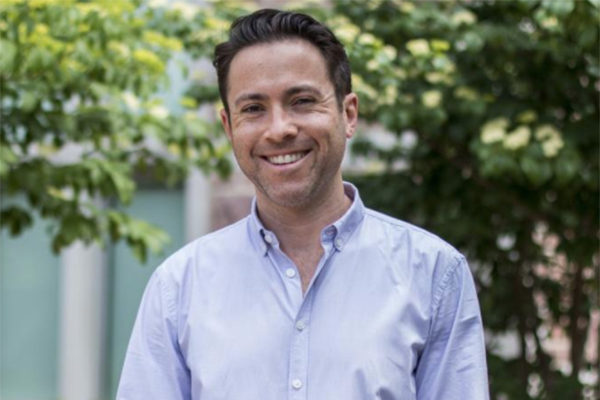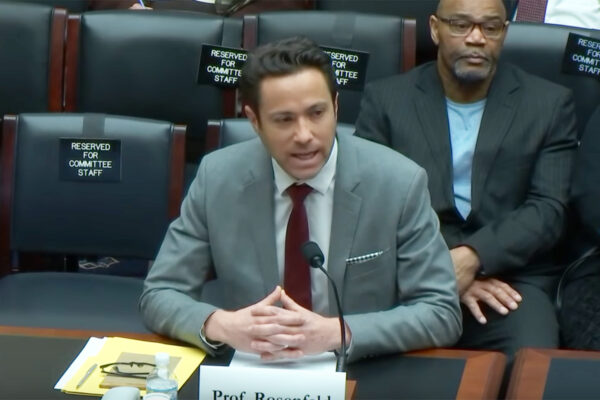Why, on average, do elementary school teachers earn $61,400 per year while mechanical engineers can expect to make $95,300 per year, according to U.S. News & World Report?
Are engineers’ skills inherently more valuable? The obvious answer is no, but it’s a question that has long intrigued Jake Rosenfeld, professor of sociology in Arts & Sciences.
“I’ve always been fascinated by the question of who gets what and why, and how the various factors influencing our pay have changed over time,” says Rosenfeld, author of You’re Paid What You’re Worth and Other Myths of the Modern Economy.
“Most of us assume the number on our paychecks is a natural reflection of our skills and the job we have. What I love about the study of pay determination is all the ways it allows me to question that assumption and dig into the messy real world of pay-setting.”
In recent years, workers’ rights have experienced a cultural awakening fueled by the aftermath of the Great Recession and, more recently, the COVID-19 pandemic. Both events exposed real inequities in the U.S. economy, Rosenfeld says.
There’s also been a dramatic shift in how major political parties discuss issues related to low-wage work and rising inequality in this country. “For the first time in my lifetime, we have a presidential administration that is unequivocally pro-union and has used numerous opportunities to extol the virtues and necessity of a strong labor movement. This is new!” Rosenfeld says.
“Many workers who are subject to a pay-secrecy policy may not know that these policies are illegal.”
Jake Rosenfeld, professor of sociology
One of the ways in which legislators have tried to bolster workers’ power is by enacting pay transparency laws, which make it illegal for workplaces to prohibit workers from discussing wages and salaries. This year, California, New York, Rhode Island and Washington joined the growing roster of states that have enacted such anti-secrecy legislation.
Having more information about salaries, in theory, should increase employees’ ability to negotiate fair salaries and be key to closing the gender wage gap. In practice, however, these policies — in their current form — do not appear to work well, Rosenfeld says. That is an early finding of a forthcoming article, co-authored by Rosenfeld, that assesses the effectiveness of these new state- and city-wide pay transparency laws.
Previous research by Rosenfeld suggests legislation alone might not be enough to shift entrenched workplace norms and practices regarding pay secrecy.
“Many workers who are subject to a pay-secrecy policy may not know that these policies are illegal, and employers imposing illegal restrictions may not believe that there is a realistic threat of enforcement. Legislation needs to be backed up by enforcement and information,” Rosenfeld says.
Current anti-secrecy laws could be more effective if complemented by other approaches, such as limiting employers’ reliance on salary history during recruitment and mandating that employers provide applicants with the salary ranges for advertised positions, Rosenfeld says. These transparency practices also shift the burden of ensuring fair pay from individual employees to employers.


